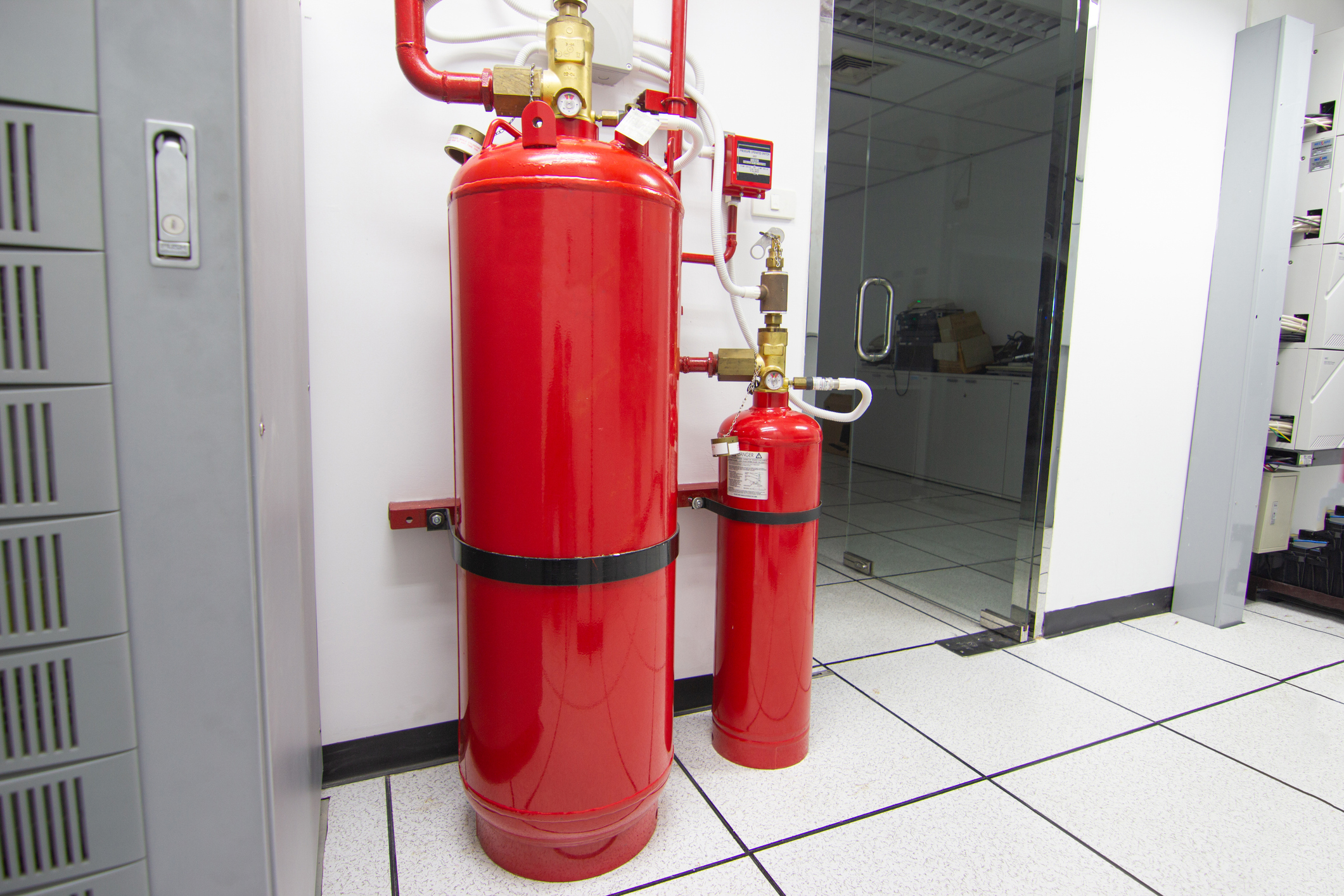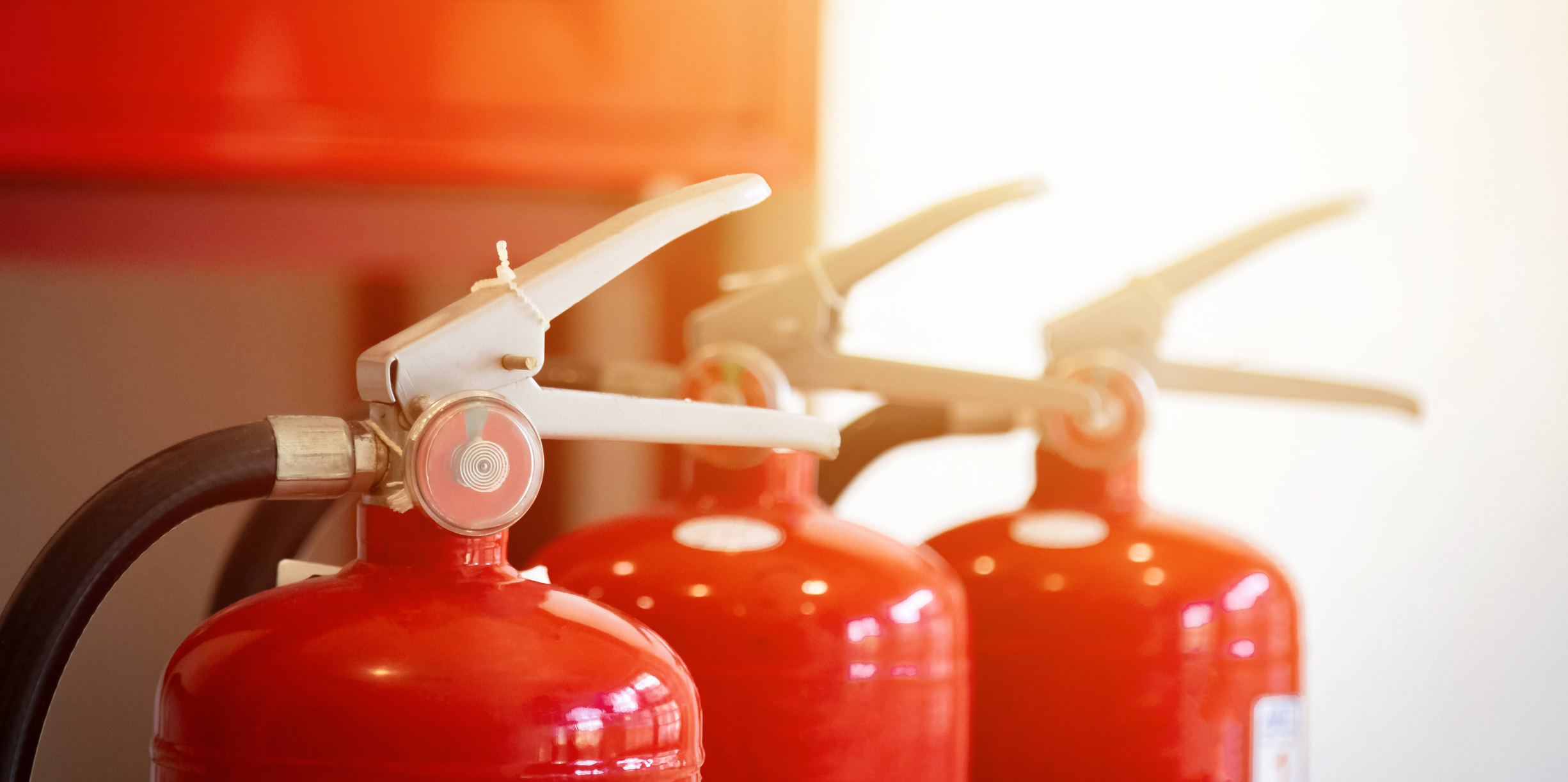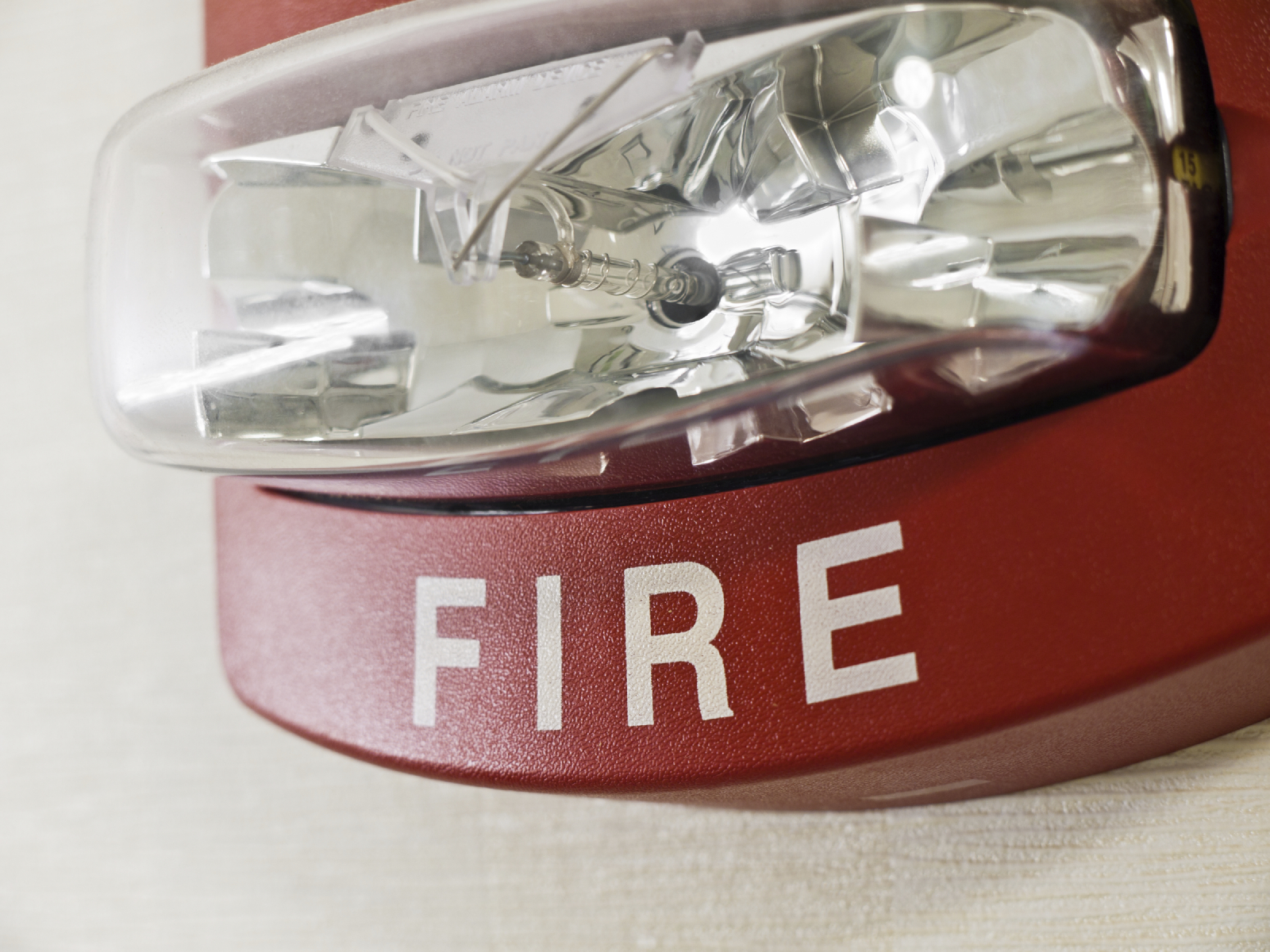What Is a Fire Suppression System & How Does It Work?

Fire safety is serious business. Fortunately, understanding how to protect your space doesn’t have to be complicated. City Fire & Safety has been safeguarding properties in Northern Virginia since 1985. One of our specialties is fire suppression. Do you need this level of protection in your commercial building? To answer this question, you must know what fire suppression systems are, how they operate, and how they benefit certain environments.
What Exactly Is a Fire Suppression System?
Fire suppression is an automatic solution for detecting and suppressing fires before they spread. Unlike traditional sprinklers, these systems employ various agents — like gas, foam, or chemicals — to tackle fires without a drop of water. They’re ideal anywhere sensitive electronics, flammable materials, or delicate items are stored.
How Does It Work?
A fire suppression system operates based on this step-by-step process:
- Detection: The system continuously monitors for signs of a fire, such as heat, smoke, or flames.
- Alarm activation: Upon detecting a potential fire, the system triggers an alarm to alert building occupants. Monitored systems also notify emergency services for immediate dispatch to your location.
- Suppression: The system quickly releases its designated extinguishing agent to suppress the fire. The goal is to control or extinguish it promptly, often before human intervention is possible.
The Difference Between Fire Sprinklers & Fire Suppression Systems
While automatic fire sprinklers and fire suppression systems both combat unwanted blazes, they differ in their methods:
- Fire sprinklers douse flames with water. They’re effective in many residential and commercial scenarios but can cause water damage.
- Fire suppression systems use alternative agents to put out fires. This approach is ideal for environments where water could do more harm than good.
When Do You Need a Fire Suppression System?
Fire protection is not one-size-fits-all. In some places, a traditional sprinkler system might do the trick, but water could be ineffective or even damaging in others. Fire suppression systems are intended for environments where fire must be controlled quickly without water.
If your business handles sensitive electronics, combustible fuels, high-heat equipment, or sensitive items, a suppression system may be required for code compliance. Here are some special hazard areas where these systems are essential:
- Commercial kitchens
- Data centers and IT rooms
- Chemical refineries and power plants
- Manufacturing facilities
- Museums and art galleries
Different Types of Fire Suppression Systems
Fire suppression systems aren’t all built the same. Each type combats fires in different ways, ensuring the right protection for specific environments. Here are the main types of fire suppression systems we install:
- Clean agent suppression: These systems use gaseous agents like FM-200 or CO2 to smother fires without leaving residue. They’re ideal for data centers, server rooms, and other areas with sensitive electronics.
- Discharge-based sprinklers: Unlike traditional water sprinklers, these release a range of suppression agents, including foam or chemicals, depending on the fire type. This versatility makes them suitable for industrial plants and commercial kitchens.
- Perforated pipe-delivery systems: These systems distribute suppression agents through a network of strategically placed perforated pipes. Often used in chemical storage areas and manufacturing plants, they ensure that the suppression material is evenly spread for maximum effectiveness.
Call Us Today for Fire Suppression Installation
City Fire & Safety is proud to be an American-owned, family-operated business offering personalized service and economical prices. We provide timely installation of quality suppression systems designed to suit your needs. Leave your fire suppression system needs to us.
Ready to enhance the fire protection measures in your Northern Virginia business? Contact us today for a fire suppression installation estimate.









